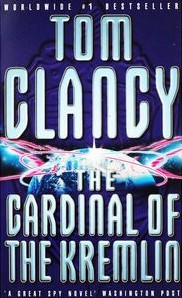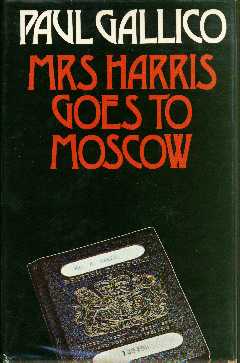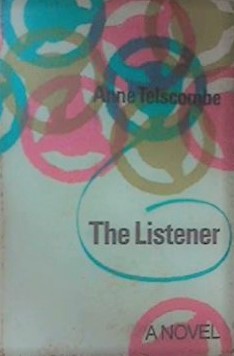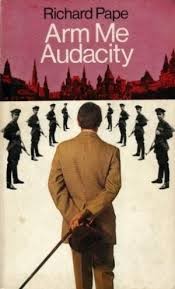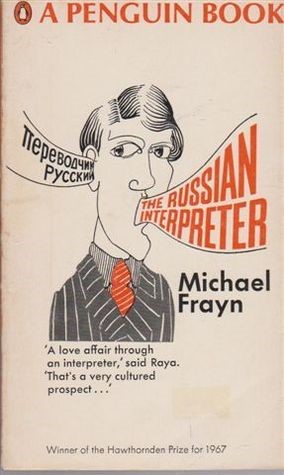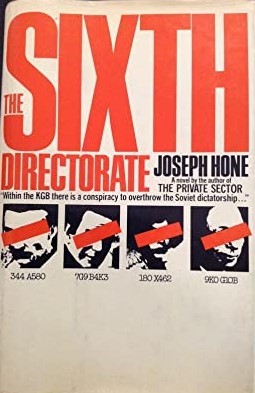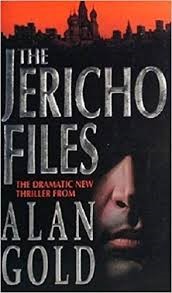
The Jericho Files is the first novel by Australian author Alan Gold, and the only one with a Russia focus. Even then, that focus is not on Russia alone, but also on Israel —the subject of most of Gold’s many later novels.
The titular ‘Jericho Files’ hold the secret of a Soviet plot, dating back to the late Stalin years, to insert a Communist sleeper agent into the political life of the nascent state of Israel. By the 1990s, this man has become Prime Minister of Israel and sets about disrupting the international order in alliance with Moscow.
The Jericho Files is a well-constructed page-turning thriller; but with one issue that bugs Russia in Fiction. There is a questionable premise at the heart of the plot, a premise that recurs in several post-Soviet thrillers. Why would a died-in-the-red-wool, decades-long Communist feel allegiance to the regime that overthrew Communism in Russia?
Continue reading